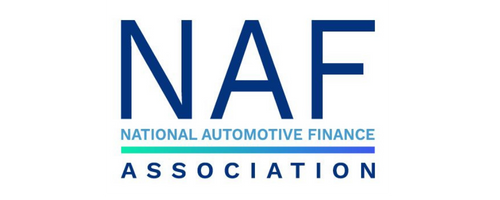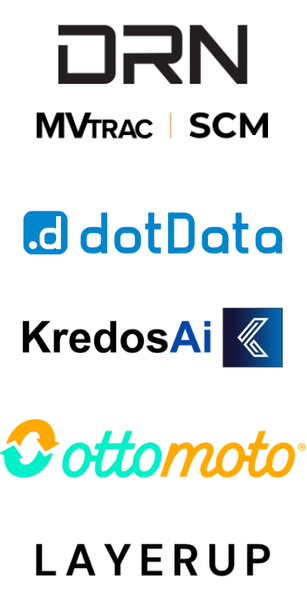Compliance Professional Certification
The National Automotive Finance Association offers the Consumer Credit Compliance Certification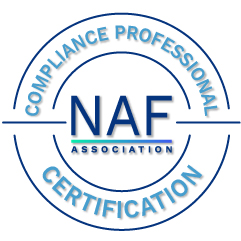 Program to help consumer finance companies and other stakeholders in the industry tackle the increasingly difficult challenge of complying with federal and state regulatory requirements.
Program to help consumer finance companies and other stakeholders in the industry tackle the increasingly difficult challenge of complying with federal and state regulatory requirements.
The Certification Program provides the compliance professional with a solid working knowledge of the federal laws and regulations that govern consumer credit, together with a representative overview of state consumer credit law.
The program consists of four modules – All modules are presented in a self-paced online format. Each module includes multiple sessions; each provides a thorough outline and description of the applicable law or regulation and a knowledge test.
The program provides the student with a comprehensive breakdown, as well as “in total” walk-through, of the consumer credit laws and regulations, preparing graduates to perform in a compliance role. The coursework is rigorous. There are 42-45 hours of classroom work, and it will take 30 minutes to an hour to complete each of the 42 online sessions.
After successfully completing the program, the graduate will be recognized as a Certified Consumer Credit Compliance Professional. The certified Compliance Professional must complete continuing education every two years to maintain certification. The continuing education will provide updates on statutory and regulatory requirements, and discuss developments.
Program curriculum created by Hudson Cook, LLP attorneys, Patty Covington and Eric Johnson.
Webinar Format
Module One introduces the student to the regulation of consumer auto finance. It covers the basics, including the steps in a typical transaction (for both “indirect” and “direct”), how the federal and state consumer credit laws intersect, and the typical transaction documents used. During Module One the student is walked through each federal and a representation of state law that applies to consumer auto finance, and the instructors discuss some of the compliance responsibilities that stem from each.
In addition, the student will learn about the federal and state regulators with jurisdiction over auto finance companies. And, the Consumer Financial Protection Bureau and Federal Trade Commission are discussed in particular, including their concurrent jurisdiction over finance companies.
The types of federal and state issues a Compliance Professional is likely to encounter are discussed—key for issue spotting. One of the biggest challenges Compliance Professionals face is learning about what they don’t know or hadn’t yet thought of, and having a “safe” environment to explore these areas and ask questions.
Module One is an excellent primer and foundation for Modules Two and Three, which instruct the student about the specific laws and regulations that apply in consumer auto finance – in detail.
Module 1 – Courses
- The Basics
- How auto financing works with respect to Federal Laws
- The Typical State Laws
- The Typical Transaction Documents
- Meet the Federal Regulators
- The Consumer Financial Protection Bureau
- The Federal Trade Commission
- The Federal Communications Commission
- The Office of Foreign Assets Control
- The Department of Justice
- Meet the State Regulators
- Motor Vehicle Dealer Regulators
- Consumer Credit Regulators
- Attorney General’s Office
- Overview of Federal Compliance Responsibilities
- Overview of State Compliance Responsibilities
Self-Directed Audio Sessions
Module Two instructs the student about the specific Federal laws and regulations that apply in consumer auto finance in an online session with tests after each set of session materials. The student will receive in depth training through self directed on line sessions covering each of the following Federal laws and regulations.
- The Truth & Lending Act & Regulation Z
- Consumer Leasing Act & Regulation M
- Equal Credit Opportunity Act & Regulation B
- Fair Credit Reporting Act & Regulation V
- Gramm-Leach-Bliley Act & Regulation P
- Dodd-Frank Prohibition on Unfair, Deceptive and Abusive Acts and Practices
- FTC Act
- Credit Practices Rule
- Fair Debt Collection Practices Act
- Electronic Funds Transfer Act & Regulation E
- USA Patriot Act
- OFAC Requirements
- Telephone Consumer Protection Act
- Telemarketing Sales Rule
- CAN SPAM
- Servicemembers Civil Relief Act
- Federal Arbitration Act
- Electronic Signatures in Global & National Commerce Act
After completing this module the student should have an excellent working knowledge of the specific Federal laws and regulations that apply to consumer auto finance transactions.
Self-Directed Audio Sessions
Module Three instructs the student about the typical state laws and regulations that apply in consumer auto finance in an online session with tests after each set of session materials. The student will receive training on such state laws and regulations as:
- Retail Installment Sales Act
- State Leasing Acts
- Direct Lending Laws
- State Anti-Discrimination Laws
- Selected Uniform Commercial Code Provisions
- State Servicemember Protection Laws and Regulations
- State Motor Vehicle Dealer Laws and Regulations Applicable to Consumer Credit
- State Privacy Laws and Regulations
- State Debt Collection Laws
- State Plain Language Laws and Regulations
- Uniform Electronic Transactions Act
After completing this demanding curriculum, the student will have a working knowledge of the typical state laws, regulations and restrictions that apply to consumer auto finance transactions.
Webinar Format
Module Four will provide a comprehensive review of the enforcement and regulatory actions taken by the Consumer Financial Protection Bureau (CFPB) and a discussion of the current CFPB developments, trends, and priorities. Among the topics to be covered by the student will include:
- Dodd-Frank Wall Street Reform and Consumer Protection Act
- Getting the Board and Senior Management Engaged and Behind Compliance
- Establishing a Compliance Management System
- Creating a Culture of Compliance
- Performing Internal Audits, Monitoring and Testing
- Risk Management Measures
- Establishing and maintaining a consumer complaint resolution program
- Fair Lending
- Overseeing Service Providers
- UDAAP
- Ancillary Products
- Preparing for an Examination
- What to Do If a Civil Investigative Demand (CID) is Received
- Monitoring the CFPB and its Priorities
- Upkeep of Compliance (updating, keeping current)
In addition to learning about the latest CFPB developments, the student will learn how to establish a Compliance Management System (CMS), the necessary components of a CMS, how to establish and maintain a consumer complaint resolution program, prepare for an examination and what to do if a CID is received.
Roster of Certified Professionals
View Front-Line Staff Certificate Programs
Platinum Founding Sponsors
 |
 |
 |
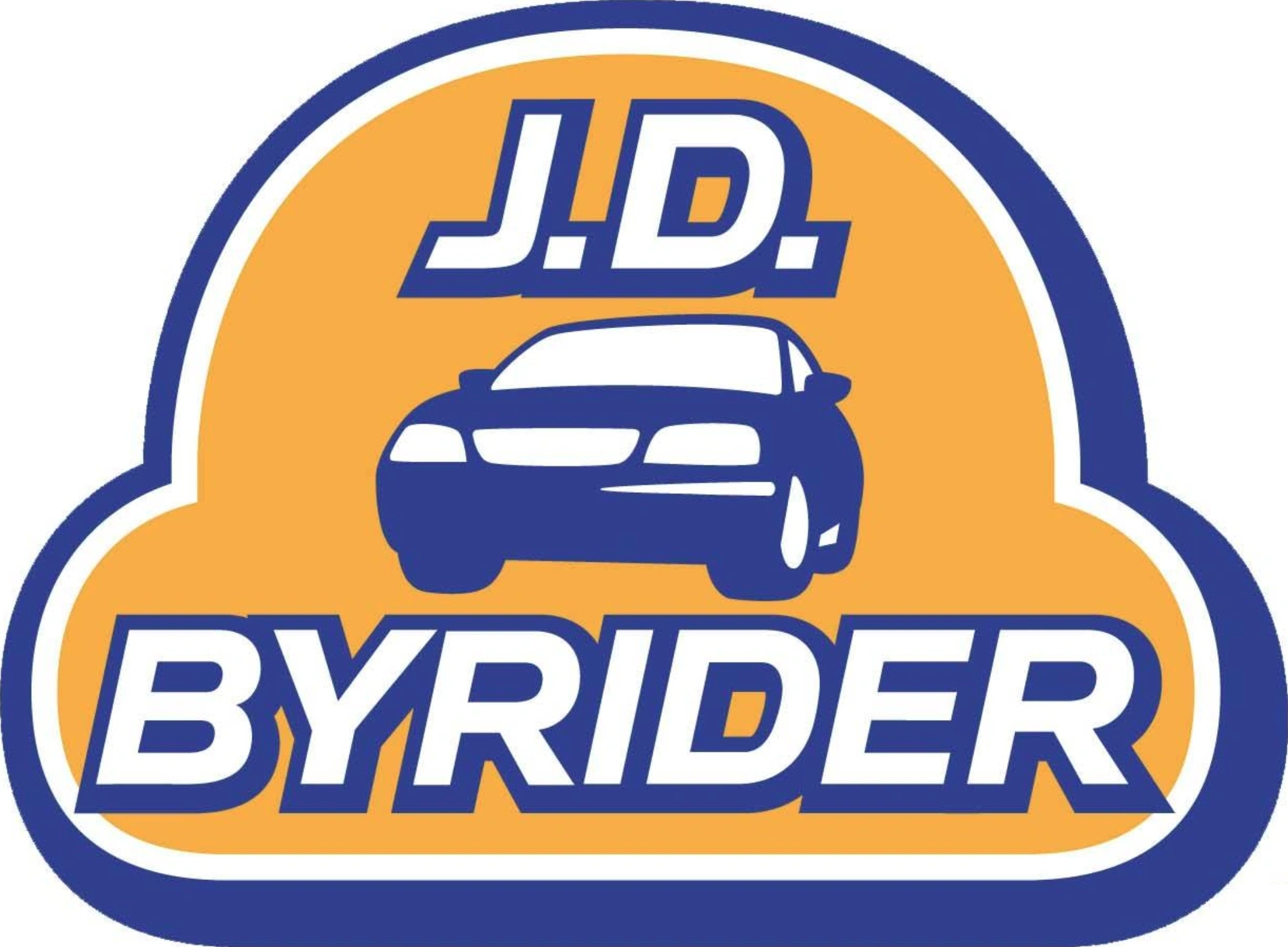 |
Platinum Sustaining Sponsors
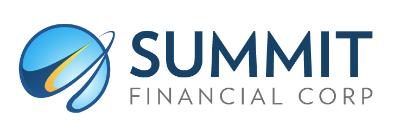 |
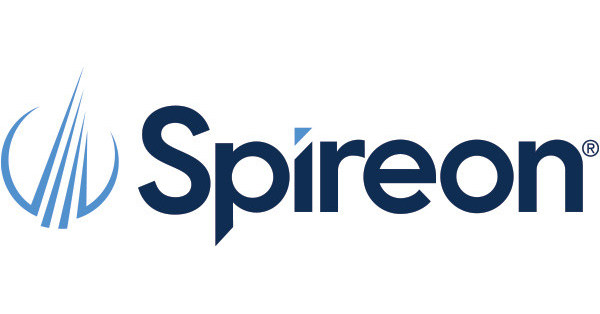 |
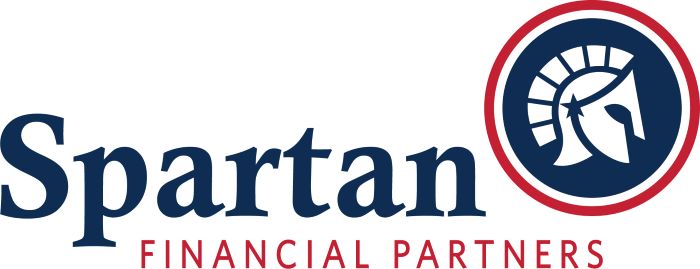 |
